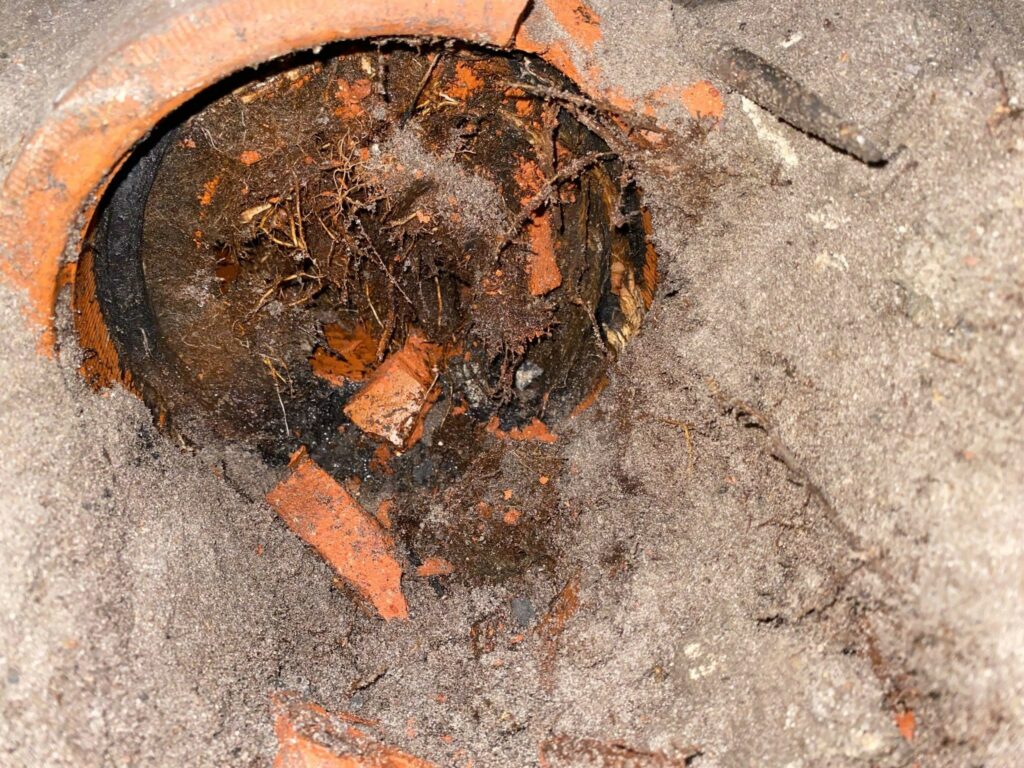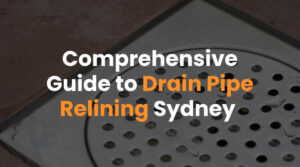If you’re struggling with a backed-up drain, sink, or pipe, fear not! Plumbwell Plumbing Services, your reliable neighbourhood plumber in Inner West Sydney, is at your service. We’ve compiled a comprehensive guide outlining five tried-and-true DIY methods to clear your drains, sinks, and clean your pipes. Our tips range from straightforward strategies like pour hot water, to specialized tools like drain cleaning snakes, and even simple home remedies such as water pressure, baking soda, vinegar and boiling water. Your common plumbing issues are a thing of the past with our top-notch assistance!
5 DIY Drain, Sink, and Pipe Unblocking Methods
Pour boiling water down the sink
One of the most simple yet efficient ways to clear a blocked drain is to pour boiling water down the drain. The high temperature of the water aids to loosen materials and unclogs drains like grease, soap residue, and other debris that may be causing the blockage. Heat a kettle or pot till the water starts boiling. Gradually pour it down the drain, repeating the process in 2-3 intervals, and allow the boiling hot water to work its way through the obstruction and to clean your drains.
Using a plunger for sink and drain unclogging
As a multipurpose solution, a plunger can remove blockages from sinks, toilets, and drains with ease. To use it efficiently, make sure that the rubber part is covered with enough water. Create a secure seal by positioning the plunger over the drain and apply forceful suction by pushing and pulling the tool repeatedly. For best results, repeat this process several times to dislodge the obstruction. Once done, test things out by running water helps to ensure the clog is gone.
Use a drain snake
For tough clogs that won’t budge with boiling water or a plunger, a drain snake can do wonders. A drain snake is a flexible tool that can reach deep into the pipes to break up or extract the obstruction. Simply insert the snake into the drain opening, rotate the handle to guide it through the pipes, and keep rotating it when you encounter resistance to dislodge the clog. As you slowly pull out the snake, the debris should come out with it. When unblocking drains, give proper care they deserve with a drain snake.
Chemical drain cleaners
Chemical drain cleaners pack a powerful punch for tackling stubborn clogs, but they require caution. Their cocktail of caustic or acidic compounds swiftly dissolves blockages. Be sure to follow the manufacturer’s instructions and take all necessary safety measures. Exercise extra care with older pipes and avoid resorting to these cleaners as a first line of defense, as they have the potential to inflict harm on your plumbing system.
Natural drain unclogging solutions
If you’re in search of eco-friendly and safe alternatives for unclogging your drains, consider using natural solutions. A popular choice is the combination of baking soda and vinegar. To use this method, simply pour a cup of baking soda followed by a cup of vinegar down the drain. The chemical reaction that ensues can help clear the clog. Wait for around half an hour, then flush the drain with hot water to drain quickly.

Identifying the Cause of Blocked Drain
To effectively unblock a drain or pipe, it’s crucial to first determine the root cause. This knowledge will enable you to select the best options to resolve the issue. Don’t attempt any unblocking techniques without first identifying the underlying problem.
Fat and grease build-up
Fat and grease build-up is a frequent cause of drain obstructions. Persistently, they can solidify and constrict water flow. A simple solution is to pour boiling water into the drain and follow it up with a blend of vinegar and baking soda. The effervescent response effectively breaks down the grease, enabling it to flush away.
Hair and soap scum
Bathroom drains frequently get clogged due to hair and soap scum buildup. To clear the blockage, first, remove any visible hair from the drain. Then, apply a mixture of baking soda and vinegar down the drain and proceed by hot water to flush away the accumulated debris.
Foreign objects and debris
Foreign objects and debris can easily clog your drain. Don’t let it be a headache! Simply use a plunger to create suction and dislodge the obstruction. If your blockage turns out to be more stubborn, consider a drain snake. This versatile tool can easily reach and remove deep pipe obstructions.
Tree roots and plant growth
Tree roots infiltrating underground pipes can cause blockages that require professional assistance. You can trust a licensed plumber with specialised equipment such as drain augers or hydro-jetting to inspect and resolve this complex issue. Contact them for a quick resolution.

Preventing Clogged Drain and Future Blockages
Installing drain covers and strainers
Essential for maintaining clear pipes and drains, installing drain covers and strainers prevents blockages caused by debris, hair, and food particles. These devices act as effective barriers, stopping unwanted objects from clogging and damaging your plumbing system.
Regular drain inspections and maintenance
Properly maintaining your plumbing system requires regular drain inspections and maintenance to prevent blockages and keep the system healthy. Don’t neglect this crucial aspect of home maintenance.
Proper disposal of waste and debris
Maintaining a healthy drainage system is imperative, and proper waste and debris disposal is paramount. Neglecting this crucial aspect leads to clogged pipes and drains, causing inconvenience and potential damage. Don’t let it happen to you.
Flushing your drains with hot water
Maintain efficient plumbing with regular hot water flushing of your drains. Boiling water can help dissolve accumulated grease, soap residue and other obstructions that often lead to clogs and impair smooth functioning. Keep things running smoothly with this simple maintenance technique.

When to Call a Professional Plumber to Unclog a Drain
Knowing when to call a professional plumber for a plumbing issue is crucial. While DIY techniques can suffice for minor problems, there are certain signs that indicate a serious issue that only an expert can address. Seek expert attention to avoid any further damage or inconvenience.
Signs of a serious plumbing issue
It’s crucial to pay attention to your plumbing system and recognize any warning signs of a potential problem. Neglecting these signs might result in expensive repairs or severe pipe damage. Stay vigilant to avoid any undesirable consequences.
Benefits of hiring a professional plumber
When dealing with plumbing issues, the DIY approach may seem appealing. Nonetheless, opting for a qualified plumber comes with numerous advantages that could ultimately save you valuable time, money, and aggravation.
Frequently Asked Questions
How often should I clean my drains, sinks, and pipes?
To ensure your water system drains, sinks, kitchen drain, and pipes are functioning at their best, regular maintenance is key. We suggest to do drain clearing on a schedule of at least once every few months to prevent slow drainage or unpleasant smells. But if you do notice these issues, it’s important to act quickly and keep your drains clean to help prevent problems. By sticking to a cleaning routine, you can avoid serious blockages and the expense of repairs.
Are chemical drain cleaners safe for pipes?
While chemical drain cleaners can successfully combat minor clogs, they can pose a threat to specific pipe materials, particularly older pipes made of metal or PVC pipes, which can corrode or sustain damage. It’s essential to exercise restraint and adhere strictly to instructions when applying chemical drain cleaners. For improved outcomes or fragile pipes and enduring blockages, consider consulting with a professional plumber who can suggest safer, more efficient drains blocked solutions.
What can I do to prevent future clogs?
To prevent future drain blockages, implement preventative measures.








